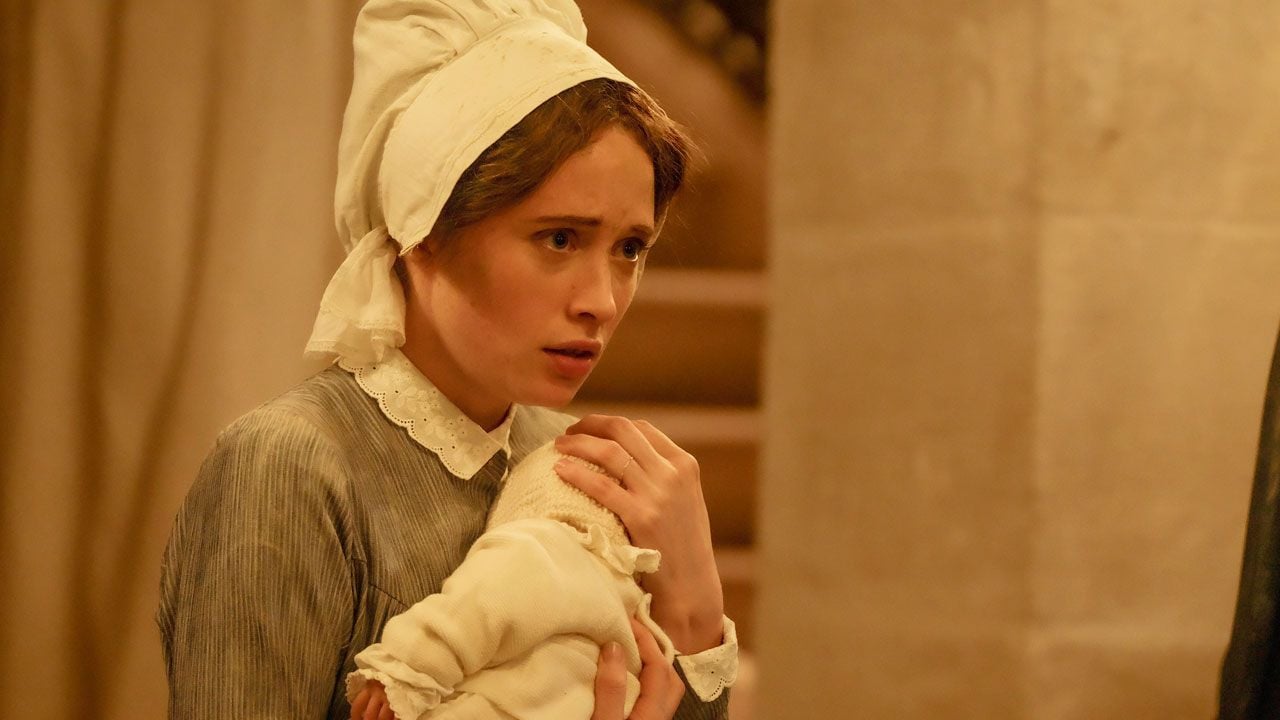Despite sharing the word “Prince” in their titles, the works of Machiavelli and Saint-Exupéry are distinct in genre, context, and purpose.
This Thursday the 14th, during the trial of Federal Court of Justice (STF) relating to the anti-democratic acts of January 8, the lawyer of one of the convicts confused two distinct literary works.
Hery Waldir Kattwinkel, defender of Thiago de Assis Mattar, quoted the phrase “the end justifies the means”, erroneously attributed to the book “The Little Prince” by Antoine de Saint-Exupéry, when, in reality, the quote is part of ” The Prince” by Niccolò Machiavelli.
Minister Alexandre de Moraes, surprised by the confusion, commented that the lawyer was giving a “lesson on what not to do” in an STF trial.
The lawyer of one of those convicted for the anti-democratic acts of January 8th by the Federal Court (STF) confused this Thursday the 14th the political theory book “The Prince” by Nicolau Machiavelli with the children’s work “The Little Prince”. , by Antoine de Saint-Exupéry. pic.twitter.com/8ZTFnTbLfp
— Politics Estadão (@EstadaoPolitica) September 14, 2023
Estadao explains the works and the differences between them.
Prince by Niccolò Machiavelli
Prince is a fundamental work of political theory written by Niccolò Machiavelli, a 16th century Italian philosopher and diplomat. This book is classified as a treatise on political science and belongs to the literary genre of political philosophy. First published in 1532, Prince he is known for his realistic and pragmatic approach to the exercise of political power and governance.
The importance of Prince is found in the way Machiavelli describes the strategies and tactics that rulers must adopt to maintain and consolidate their power. He breaks with previous political traditions by arguing that leaders must be willing to use moral or immoral means, depending on the circumstances, to achieve their political goals.
In centuries, Prince It has continued to be a reference work for scholars, politicians, and strategists, influencing how politics and power are understood and practiced. Even today, its lessons on the exercise of power, political cunning and the need to adapt to circumstances are still relevant, making it a classic of political literature.
The little Prince by Antoine de Saint-Exupéry
The little Prince is a literary work written by Antoine de Saint-Exupéry, French writer and aviator. This book is classified as a philosophical and poetic tale, aimed at readers of all ages, but with a particular emphasis on children. First published in 1943, during World War II, The little Prince he is known for his deeply thoughtful storytelling.
The work addresses universal themes, such as friendship, loneliness, love and the search for the meaning of life, through the experiences of a little prince who travels to different planets and meets peculiar characters. Saint-Exupéry uses the story as an allegory to explore existential and philosophical questions, offering lessons on the importance of human relationships and the need to look at the world with a more innocent and genuine perspective.
Therefore, despite sharing the word “Prince” in their titles, The little Prince In Antoine de Saint-Exupéry AND Prince In Niccolo Machiavelli They are completely different works in genre, context and purpose.
Source: Terra
Rose James is a Gossipify movie and series reviewer known for her in-depth analysis and unique perspective on the latest releases. With a background in film studies, she provides engaging and informative reviews, and keeps readers up to date with industry trends and emerging talents.







